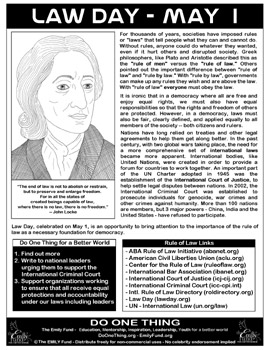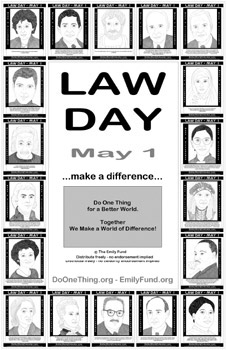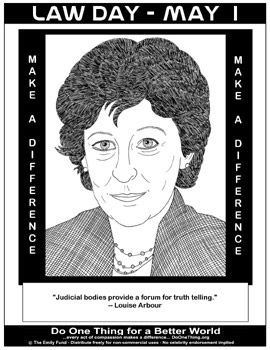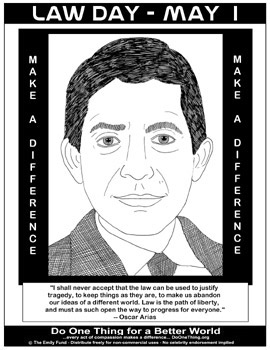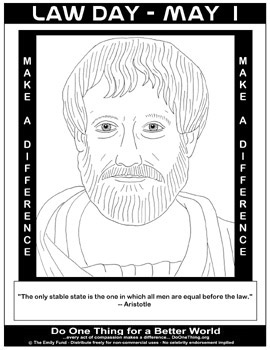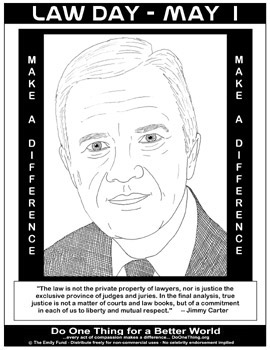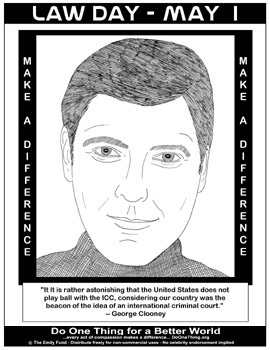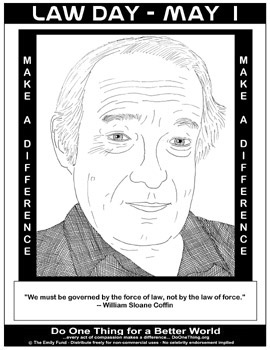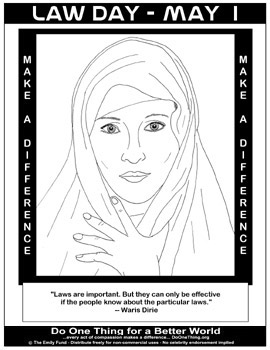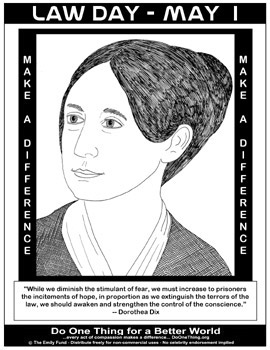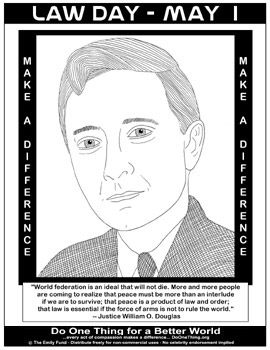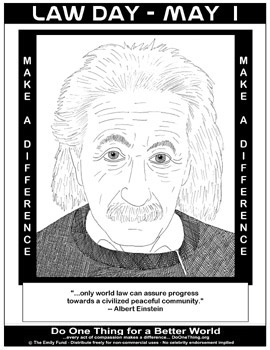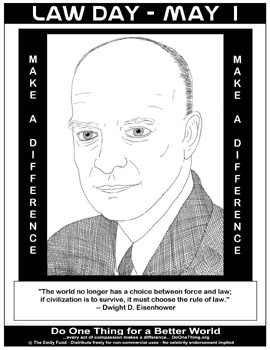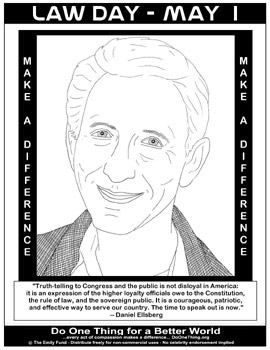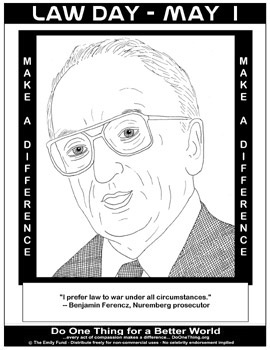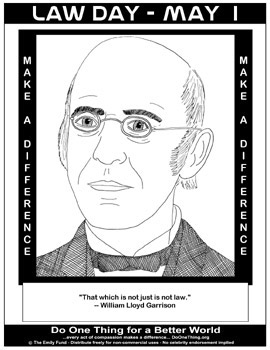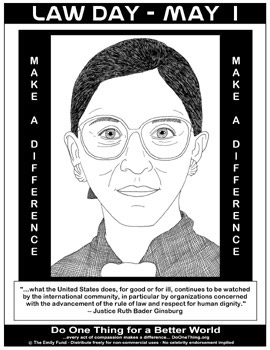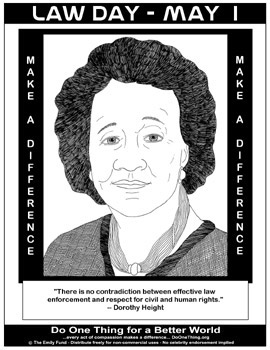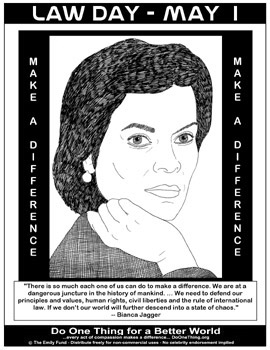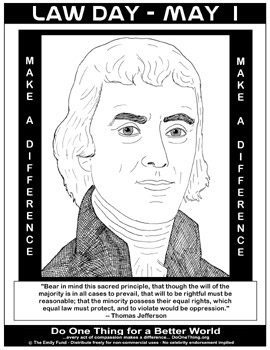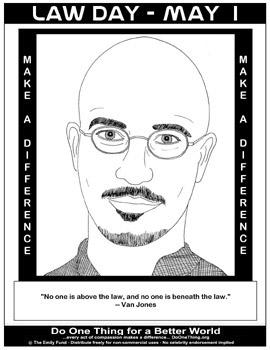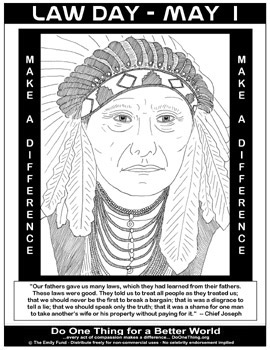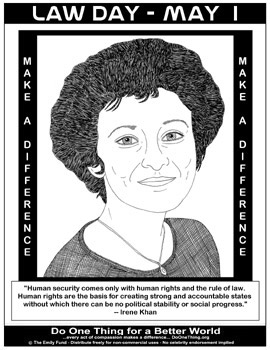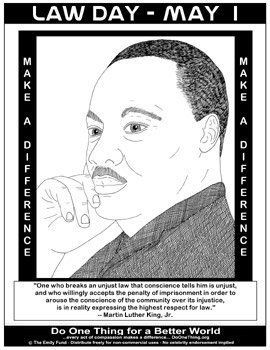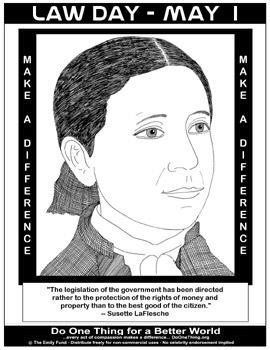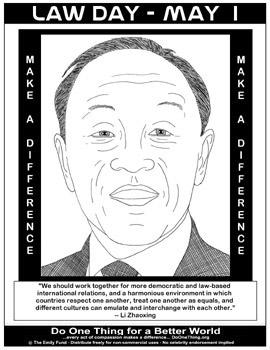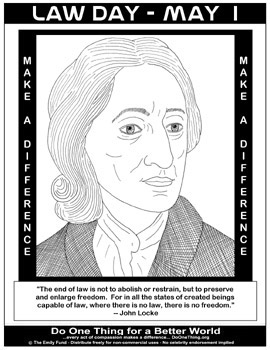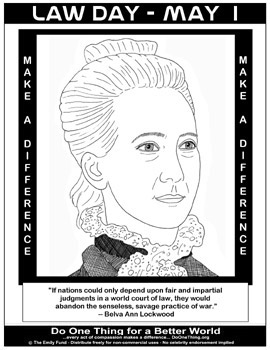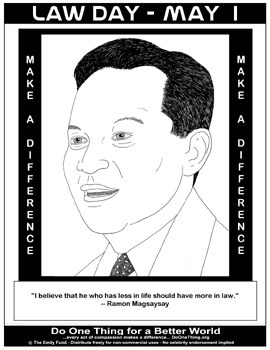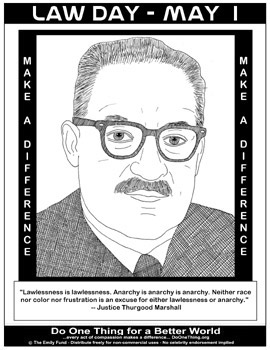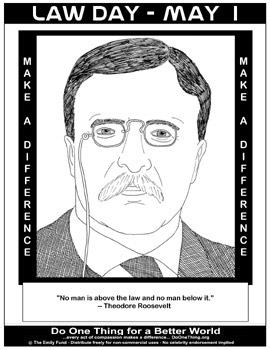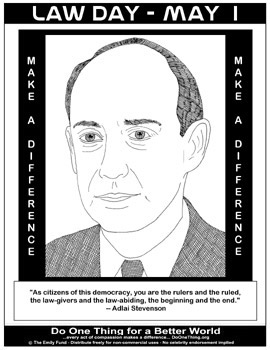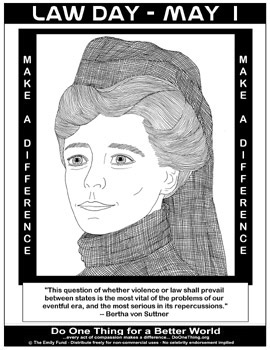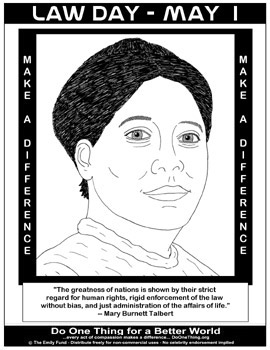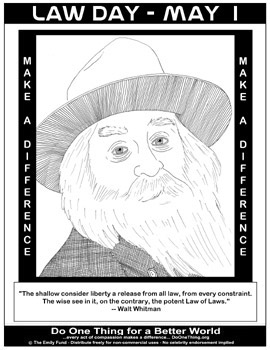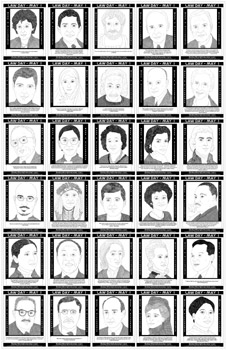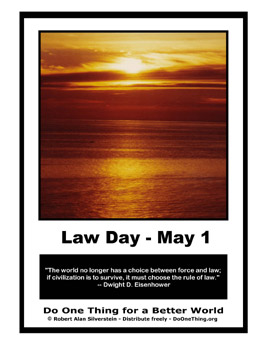 For
thousands of years, societies have imposed rules or "laws"
that tell people what they can and cannot do. Without
rules, anyone could do whatever they wanted, even if it
hurt others and disrupted society. Greek philosophers,
like Plato and Aristotle described this as the "rule of
men" versus the "rule of law." Others pointed out the
important difference between "rule of law" and "rule by
law." With "rule by law", governments can make up any
rules they wish and are above the law. With "rule of law"
everyone must obey the law.
For
thousands of years, societies have imposed rules or "laws"
that tell people what they can and cannot do. Without
rules, anyone could do whatever they wanted, even if it
hurt others and disrupted society. Greek philosophers,
like Plato and Aristotle described this as the "rule of
men" versus the "rule of law." Others pointed out the
important difference between "rule of law" and "rule by
law." With "rule by law", governments can make up any
rules they wish and are above the law. With "rule of law"
everyone must obey the law.
It is ironic that in a democracy where all are free and enjoy equal rights, we must also have equal responsibilities so that the rights and freedom of others are protected. However, in a democracy, laws must also be fair, clearly defined, and applied equally to all members of the society -- both citizens and rulers.
Nations have long relied on treaties and other legal agreements to help them get along better. In the past century, with two global wars taking place, the need for a more comprehensive set of international laws became more apparent. International bodies, like the League of Nations and then the United Nations, were created in order to provide a forum for countries to work together. An important part of the UN Charter adopted in 1945 was the establishment of the International Court of Justice at the Peace Palace in The Hague, Netherlands to help settle legal disputes between nations. In 2002, the International Criminal Court was established to prosecute individuals for genocide, war crimes and other crimes against humanity. More than 100 nations are members and 41 others have signed but not yet ratified the treaty, but 3 major powers - China, India and the United States - have refused to participate.
Law Day, celebrated on May 1, is an opportunity to bring attention to the importance of the rule of law as a necessary foundation for democracy.

